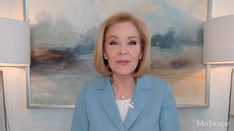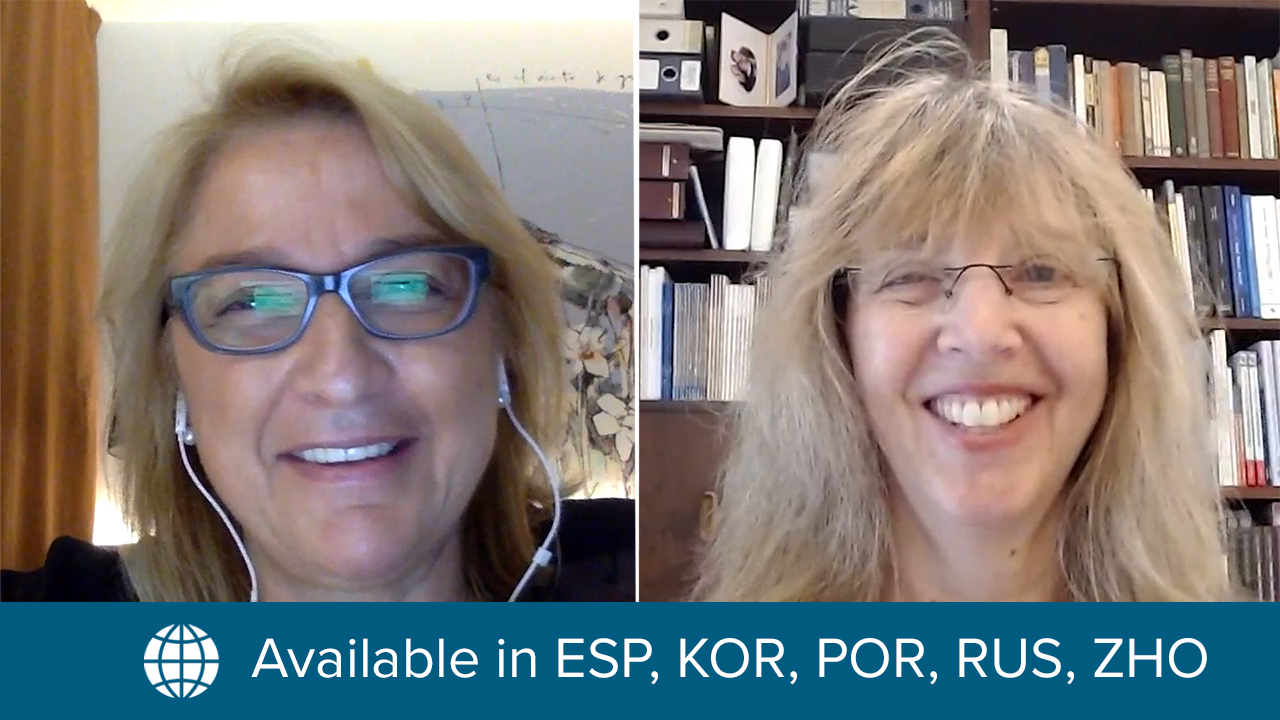Abstract and Introduction
Abstract
Respiratory syncytial virus (RSV) is the leading cause of hospitalization among U.S. infants. In July 2023, the Food and Drug Administration approved nirsevimab, a long-acting monoclonal antibody, for passive immunization to prevent RSV-associated lower respiratory tract infection among infants and young children. Since October 2021, the Advisory Committee on Immunization Practices (ACIP) Maternal and Pediatric RSV Work Group has reviewed evidence on the safety and efficacy of nirsevimab among infants and young children. On August 3, 2023, ACIP recommended nirsevimab for all infants aged <8 months who are born during or entering their first RSV season and for infants and children aged 8–19 months who are at increased risk for severe RSV disease and are entering their second RSV season. On the basis of pre–COVID-19 pandemic patterns, nirsevimab could be administered in most of the continental United States from October through the end of March. Nirsevimab can prevent severe RSV disease among infants and young children at increased risk for severe RSV disease.
Introduction
In July 2023, the Food and Drug Administration (FDA) approved nirsevimab (Beyfortus, Sanofi and AstraZeneca), a long-acting monoclonal antibody, for the prevention of respiratory syncytial virus (RSV)–associated lower respiratory tract infection (LRTI) among infants and children aged <24 months*.[1] Nirsevimab is administered as a 1-dose intramuscular injection shortly before or during the RSV season (typically fall through spring).† Since October 2021, the Advisory Committee on Immunization Practices (ACIP) Maternal and Pediatric RSV Work Group (Work Group) has reviewed data on RSV among infants and young children and evidence regarding the safety and efficacy of nirsevimab, and assessed the quality of the efficacy and safety evidence using the Grading of Recommendations, Assessment, Development, and Evaluations (GRADE) framework.[2,3] The Evidence to Recommendation (EtR) Framework was used to develop recommendations.[4,5] Evidence regarding potential use of nirsevimab was presented to ACIP at meetings during June 2022–August 2023. On August 3, 2023, ACIP recommended nirsevimab for infants aged <8 months who are born during or entering their first RSV season and for infants and children aged 8–19 months who are at increased risk for severe RSV disease and are entering their second RSV season.
RSV Among Infants and Young Children
RSV infection is the leading cause of hospitalization among U.S. infants;[6] most children are infected during the first year of life, and nearly all have been infected by age 2 years.[7,8] Infants with RSV infection frequently develop bronchiolitis, an LRTI that can be severe and result in hospitalization. Approximately 50,000–80,000 RSV-associated hospitalizations[9,10] and 100–300 RSV-associated deaths[11,12] occur annually among U.S. infants and children aged <5 years.
The rate of RSV-associated hospitalization among infants born at ≤30 weeks' gestation (premature) is three times that of term infants.[13] Premature infants also have higher rates of RSV-associated intensive care unit (ICU) admission.[14] Although prematurity is a recognized risk factor for RSV-associated hospitalization, RSV is also the leading cause of hospitalization among healthy term infants. An estimated 79% of infants and children aged <2 years hospitalized with RSV have no underlying medical conditions.[13]
Before licensure of nirsevimab, the only FDA-approved product to prevent severe RSV disease among infants and young children was palivizumab, another monoclonal antibody. However, the American Academy of Pediatrics (AAP) recommends palivizumab only for children with certain underlying medical conditions (comprising <5% of all infants), and its use is further limited by high cost and the requirement for monthly dosing.[15,16]
Morbidity and Mortality Weekly Report. 2023;72(34):920-925. © 2023 Centers for Disease Control and Prevention (CDC)






